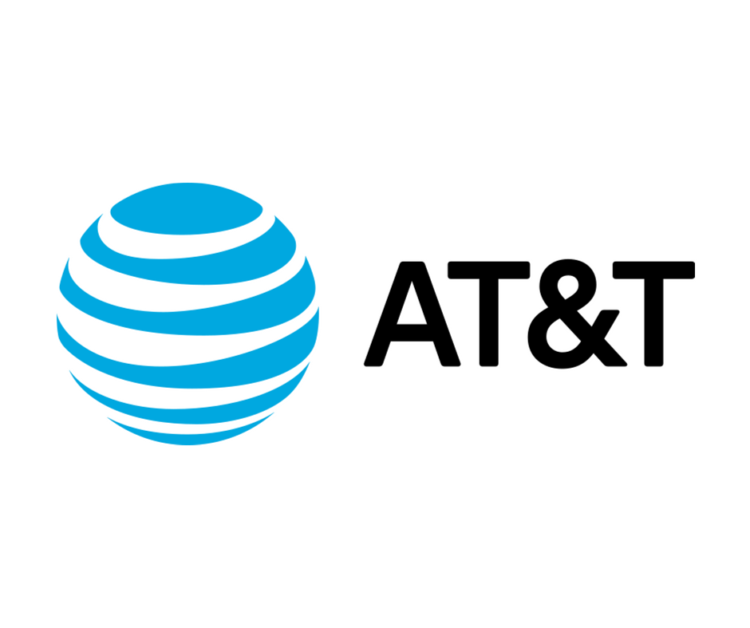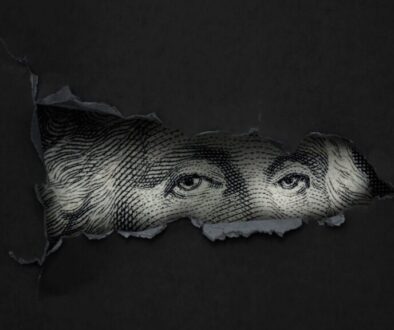Shareholders Asking for Lobbying Disclosure at AT&T on April 27th Sought to Prevent Unfolding Reputational Damage
AT&T is currently embroiled in a legal and reputational fiasco of its own making through the now disclosed $600,000 in payments to President Trump’s personal attorney, Michael Cohen. But shareholders that asked AT&T to improve its lobbying disclosure can only wonder if AT&T’s lack of transparency, disclosure and oversight were the major factors that contributed to this public relations and regulatory nightmare.
Just two weeks ago, on April 27th, AT&T shareholders actually voted on a proposal asking the company to provide a report on its federal and state lobbying, including board and management oversight. Walden Asset Management and Zevin Asset Management were lead filers of a proposal that also included numerous co-filers.[1]
AT&T Lobbying Disclosure Shareholder Proposal
The proposal asked AT&T to prepare a report, to be updated annually, disclosing:
- AT&T’s policies and procedures governing lobbying, both direct and indirect, and grassroots lobbying communications
- the Company’s payments for direct and indirect lobbying, or grassroots lobbying communications, including amounts and recipients
- disclosure of AT&T’s membership in and payments to tax-exempt organizations that write and endorse model legislation
- the management’s and Board’s decision making process and oversight for making such lobbying payments.
In its opposition to providing greater transparency and oversight of its lobbying, AT&T made the following claims:
- AT&T “actively participates in the legislative processes in order to protect and further stockholders’ interests by contributing prudently to lobbying organizations that constructively advocate positions which advance the Company’s business objectives and stockholders’ interests.”
- “AT&T is committed to adhering to the highest ethical standards when engaging in any political activities.”
- “The Board is confident that the Company’s lobbying activities are aligned with its stockholders’ long-term interests.”
Despite the AT&T board’s opposition, the proposal received 34.26% of the votes cast. This was the fifth year in a row that the shareholder proposal for lobbying disclosure and oversight had come to vote. AT&T cannot claim it was unaware that many of its shareholders were concerned with the risks from its lobbying. With the disclosure of the Michael Cohen payments, AT&T’s commitment to the highest ethical standards apparently failed.
Failure of the Public Policy and Corporate Reputation Committee?
According to its corporate governance documents, the Public Policy and Corporate Reputation Committee was responsible for oversight. Where was the oversight of this spending? Was the Public Policy and Corporate Reputation Committee asleep on the job?
According to its charter, the Public Policy and Corporate Reputation Committee “shall have the authority to review the corporate policies and practices in furtherance of AT&T’s corporate social responsibility, including public policy issues affecting AT&T, its shareholders, employees, customers and the communities in which it operates; to determine how Company practices impact public expectations; and to provide guidance and perspective to the Board and management on these issues” and “shall have the authority to review AT&T’s management of its brands to ensure that the value and reputation of the Company’s brand names is maintained and enhanced.”
Was the committee doing its job? Public Policy and Corporate Reputation Committee Chair Laura D’Andrea Tyson and committee members Samuel Di Piazza, Jr., Glenn Hutchins, William Kennard, and Cynthia Taylor will likely have some explaining to do to AT&T shareholders as to why their committee oversight failed to catch or prevent this.
Reputation Matters
Corporate reputation is an important component of shareholder value. Companies with a high reputation rank perform better financially than lower ranked companies, and executives find it is much harder to recover from a reputational failure than to build and maintain reputation. Without transparency, corporate lobbying can present reputational risk that harms shareholder value. In the case of AT&T and its hidden payments, AT&T management is getting a crash course in reputational crisis management and AT&T shareholders are getting a close-up view of what happens when a system of proper board oversight and lobbying spending transparency are not in place. For the proponents of lobbying disclosure, they are left to wonder why AT&T and its board were so opposed disclosure that could have mitigated this unfolding disaster.
[1] Proposal cofilers included: the Benedictine Sisters of Mount St. Scholastica, Dana Investment Advisors, the Grand Rapids Dominicans, the Max and Anna Levinson Foundation, Monasterio De San Benito, the Needmor Fund and the Sisters of the Holy Family, CA.



